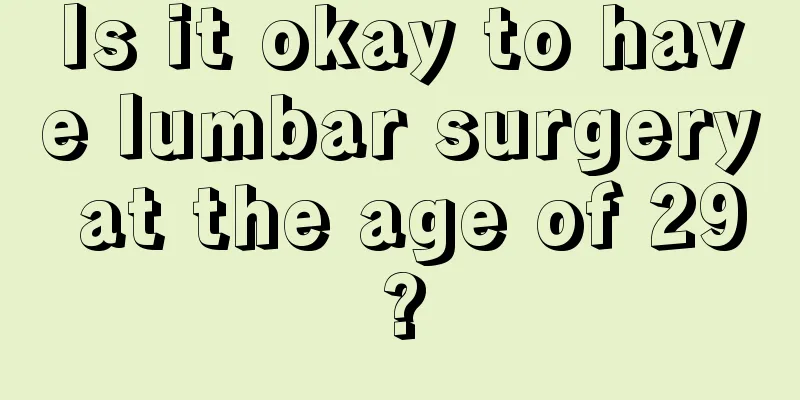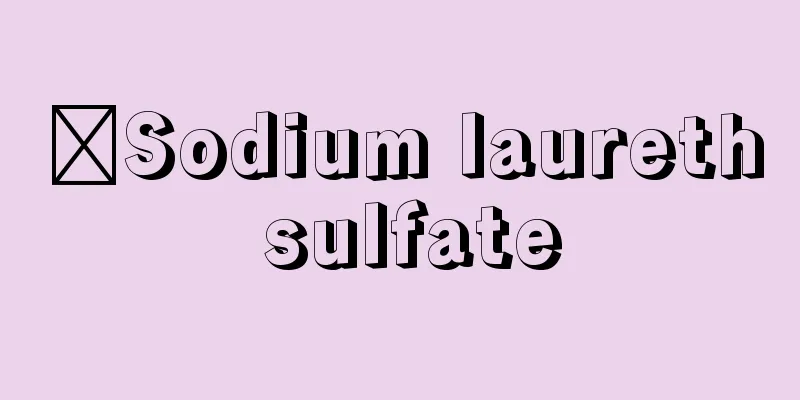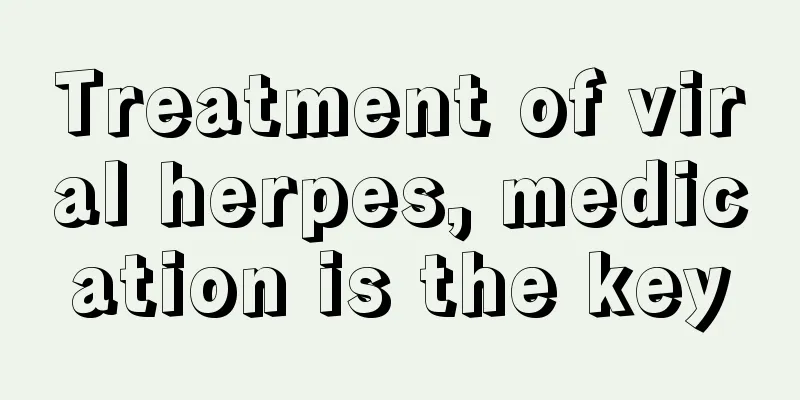Can I rinse my mouth after having my wisdom teeth removed?

|
People say toothache is not a disease, but it is really painful when it really comes. In fact, people always go through several stages related to teeth in their lives. In addition to the well-known troubles of children's teething and the pain of tooth decay and tooth loss in old age, there are also wisdom teeth in youth. Wisdom tooth refers to an extra tooth that grows in adults. Most people choose to remove the wisdom tooth to relieve the pain. So can you rinse your mouth immediately after having your wisdom teeth removed? Why can't you rinse your mouth after a tooth extraction? Can you rinse your mouth after having your wisdom teeth removed? Try to rinse your mouth as little as possible after having your wisdom teeth removed, because you need to allow a blood clot to form on the wound as quickly as possible to promote wound healing. If you rinse your mouth frequently, the newly formed blood clots will be washed away, which is not conducive to wound healing and may cause the wound to continue bleeding. Generally, you can rinse your mouth gently after 12 hours and brush your teeth after 24 hours. If bleeding persists, seek medical attention immediately. You can take some painkillers for pain, and combined with anti-inflammatory drugs, the effect is still very good. It will be fine after two or three days. It’s okay to drink water, but don’t spit all the time. If there is still fresh bleeding until tomorrow, it is best to go to the hospital to see if the bleeding needs to be stopped. Care and precautions after tooth extraction 1. After tooth extraction, you should bite the gauze roll placed on the wound tightly and spit it out after half an hour to an hour. It is normal for the patient to have blood mixed in his saliva on the day of tooth extraction. Second, if there is active bleeding after tooth extraction and the amount of bleeding is heavy, the patient does not need to be nervous but should return for a follow-up visit immediately and ask the doctor to handle the situation properly. For general bleeding, place gelatin sponge or tannic acid powder, Yunnan Baiyao, etc. on the bleeding area, and then bite the gauze roll for 30 minutes to stop the bleeding. If the bleeding still does not stop after these treatments, the cause must be further investigated before treatment. Third, do not lick the wound with the tip of your tongue or touch the wound with your fingers, and do not stuff the wound with unsterilized paper, cotton, etc. to avoid infection and suppuration of the wound. 4. Do not brush your teeth, rinse your mouth, or smoke on the day of tooth extraction. Eat soft food within 1-2 days. The food temperature should not be too high to allow the wound to rest. Vigorous gargling and brushing of teeth can easily dislodge or knock off blood clots, causing bleeding. 5. It is normal to feel slight pain after tooth extraction and you can take appropriate amount of painkillers. 6. For more complicated tooth extractions, the wound sutures can usually be removed within 5-6 days, and you can take appropriate amounts of analgesics and anti-inflammatory drugs after the operation. |
>>: Can you still drink Pu'er tea if it's moldy
Recommend
What is the clinical diagnosis method for colorectal cancer
In recent years, colorectal cancer has become one...
Upper eyelid levator surgery
Many people may have congenital ptosis, which can...
Which parts should be massaged if you often have tinnitus?
Tinnitus and deafness are indirect occurrences in...
Will frequent nose picking cause rhinitis?
Colds and fevers are common diseases among people...
Symptoms of colorectal cancer
There are no symptoms in the early stages of colo...
Eliminate acne
We all hate acne. The chance of getting acne is v...
Why do I suddenly feel dizzy and nauseous
In daily life, we don’t pay much attention to the...
I wake up with numbness in my left hand when I sleep at night
Waking up with numbness in the left hand is usual...
What sleeping position at night can help you grow taller
Some parents attach great importance to their chi...
Is the chance of curing nasopharyngeal carcinoma high?
What is the cure rate of nasopharyngeal carcinoma...
How to care for lung cancer after surgery? Daily care methods for lung cancer recovery after surgery
After the lung cancer surgery is completed, daily...
Paying attention to the cause of laryngeal cancer is the only way to prevent this disease in time
Laryngeal cancer is a very serious disease. Once ...
What causes aplastic anemia?
Aplastic anemia is mainly caused by the damage of...
What should I do if I get red bumps and itchiness on my body in winter?
Some people feel extremely itchy in winter and sc...
What is the reason for stool lumps
Stool clumps are caused by dry stools. Dry stools...









